As notes rapidly flow through Micah Ballard’s brain, measures spill from his hand into his computer, and a whole new composition is created.
Recently, the class of 2020 alumnus won the 2024 Dolphy Prize for his composition, ‘Forest Fantasie.’ This prestigious award is presented to African American musicians who excel in composing works with the bass clarinet.
“His theory knowledge was far beyond that of high school students, so he obviously took a lot of time on his own to do things even beyond what we do,” Edward LeBorgne, the AP Music Theory teacher, said.
Ballard began his musical journey at WHHS, where he began learning clarinet, oboe and his main instrument, the bassoon. Since pursuing music at Miami University, he has mastered nearly every woodwind instrument.
“Sometimes when composers write, they just write what they want to write and don’t think about the technical demands of an instrument. So the more instruments you play, the easier it is to compose for that instrument,” LeBorgne said.
Ballard is double majoring in music composition and game design, which allows him to mix the two components together. He often composes traditional instrumentation for normal compositions, and then uses the theory side of music to compose digital instrumentation for video games.
“As you’re creating a video game you can compose music that is specifically for it, so you get more impact out of the video game,” Richard Canter, a band teacher, said. “What you’re writing directly relates to what you’re trying to create, which is pretty cool.”
Composing for regular music can be a very different process from composing for video game compositions. For normal works, the composer has to consider who is playing the composition and what they are playing it with. When it comes to game composition, the composer has a lot more freedom with the different compositional elements because they don’t need to factor in so many variables.
“Writing for games, I should still keep [practicality and specifics] in mind if I’m still using traditional instrumentation, but if I’m not… I can kind of go in completely different directions that wouldn’t normally be possible,” Ballard said. “I don’t have to consider as many factors such as dynamics [or] if this instrument is going to be heard over another instrument.”
Ballard first came up with the base for “Forest Fantasie” during the summer before his senior year at an art program. He continued altering it while in LeBorgne’s AP Music Theory class in his senior year, but his vision did not start coming to life until he arrived at Miami University.
“We have visiting ensembles that come every semester [to Miami University] that are professional instrumental players, and we can write music for them, and the instrumentation they had was flute, clarinet, various percussion… [and] at the time acoustic guitar and piano,” Ballard said. “I still had this song in my head that I made all that time ago for clarinet and oboe… and I really wanted to expand this idea because I never got the chance to.”
Like many other composers, Ballard has very meticulous processes for creating a composition. Over the years, he has created a 40-page document listing everything he does when he composes, including inspirations, melodies, developing harmonies and diagrams. However, there are an infinite number of ways to start creating a composition, and it often boils down to experimentation.
“With ‘Forest Fantasie’ specifically, it’s a theme and variation, so it takes this main theme and the ideas we have here on the melody and the little accompaniment lines and really just expands them over time, so every section takes a bit of an idea, and I’m like, ‘What if I did this?’” Ballard said. “‘What if I gave this melodic line and I extended it, augmented it so I make it longer… what if I twist and turn this?’”
When creating this piece, Ballard had to not only experiment with the different compositional techniques, but also dig deeper into the title of this piece to ensure the forest theme was present throughout the music.
“When I revisited the theme, I was like, this kind of has a jaunty, forest whimsical vibe to it and I wanted to see, if I’m calling this a piece about the forest, what all do you see in the forest?” Ballard said. “What aspects of the forest are interesting to explore? What do we see when it comes to nature and the forest in modern day? That’s what I explored in this piece.”
Composing a piece is an entirely different experience compared to playing an instrument, and to succeed, it is essential to possess certain skills.
“You have to have a good ear… and you have to be creative and open to trying new things and not being afraid of failing through the creation process and just trying out different things to see what works until you come up with the right [elements]; and you have to be patient, too, through that process,” Canter said.
Composing is a continuous process, and there is no set time for how long it takes composers to finish their compositions. Depending on the inspiration and complexity of the piece, it can take a few hours to many years for a piece to be considered finished.
“Sometimes, if I have inspiration for a piece, like I hear the piece in my head from the beginning to the end, I might get it done in a day and a half, and then focus on [other technical elements] if it’s going to be performed by real people, and if it’s not, it’s just done,” Ballard said. “A lot of times, it can take years, like [‘Forest Fantasie’].”
Ballard is continuing to create new compositions, some traditional and others for video games. He is graduating this year from Miami and hopes to pursue this mix of music and game design in the future.
“[I am] really proud of Micah for how he has used his gifts and talents to make a future career out of it and used his creativity in unique ways,” Canter said. “I’m sure he’s going to be very successful. [I am] proud of him for that award and for what he is going to accomplish in life.”
This story was originally published on The Chatterbox on May 6, 2025.







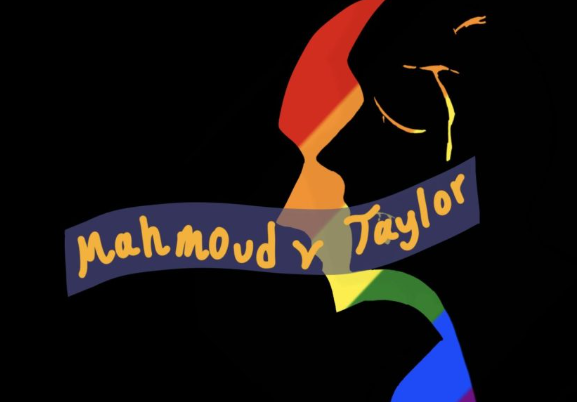
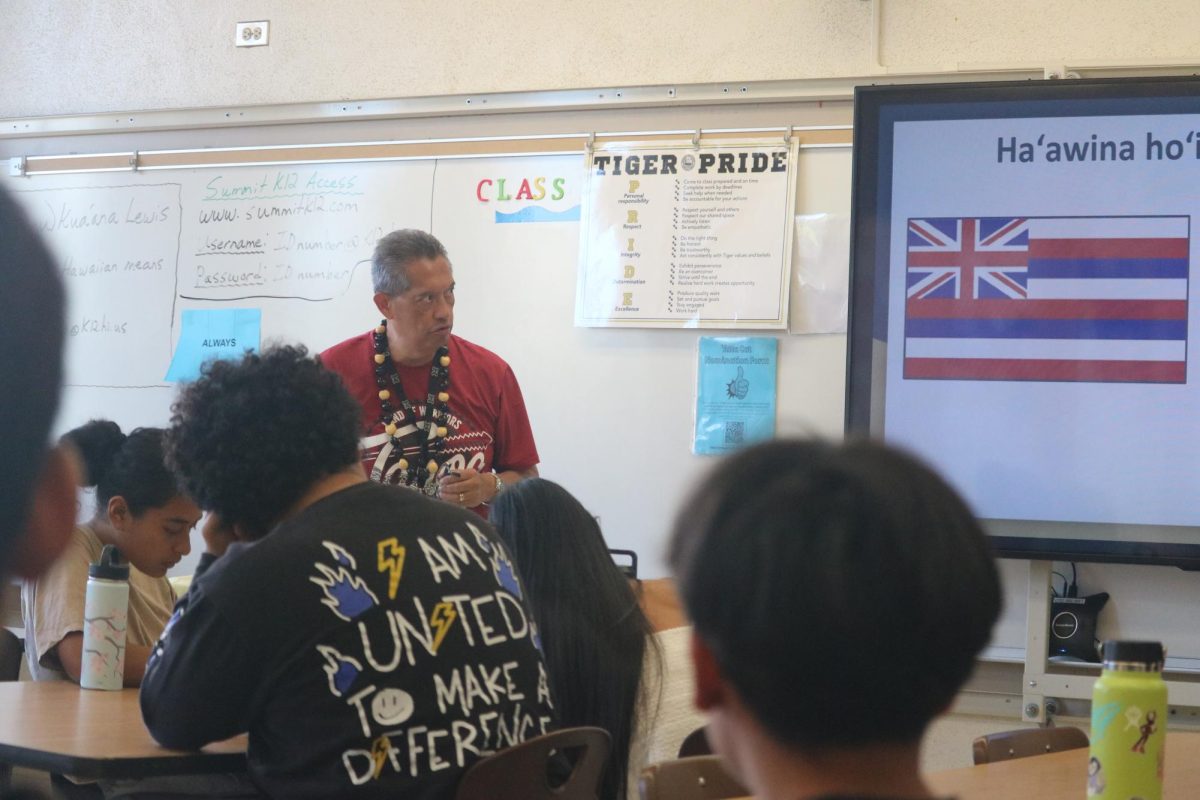


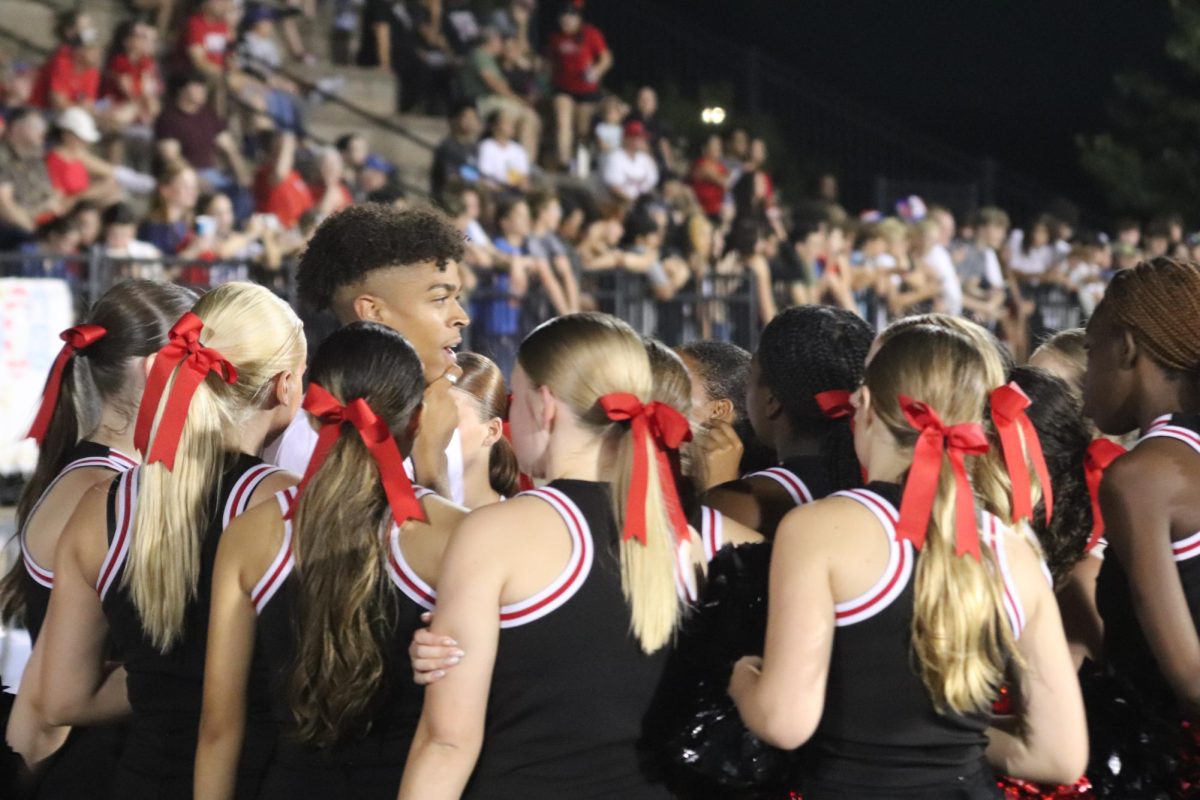

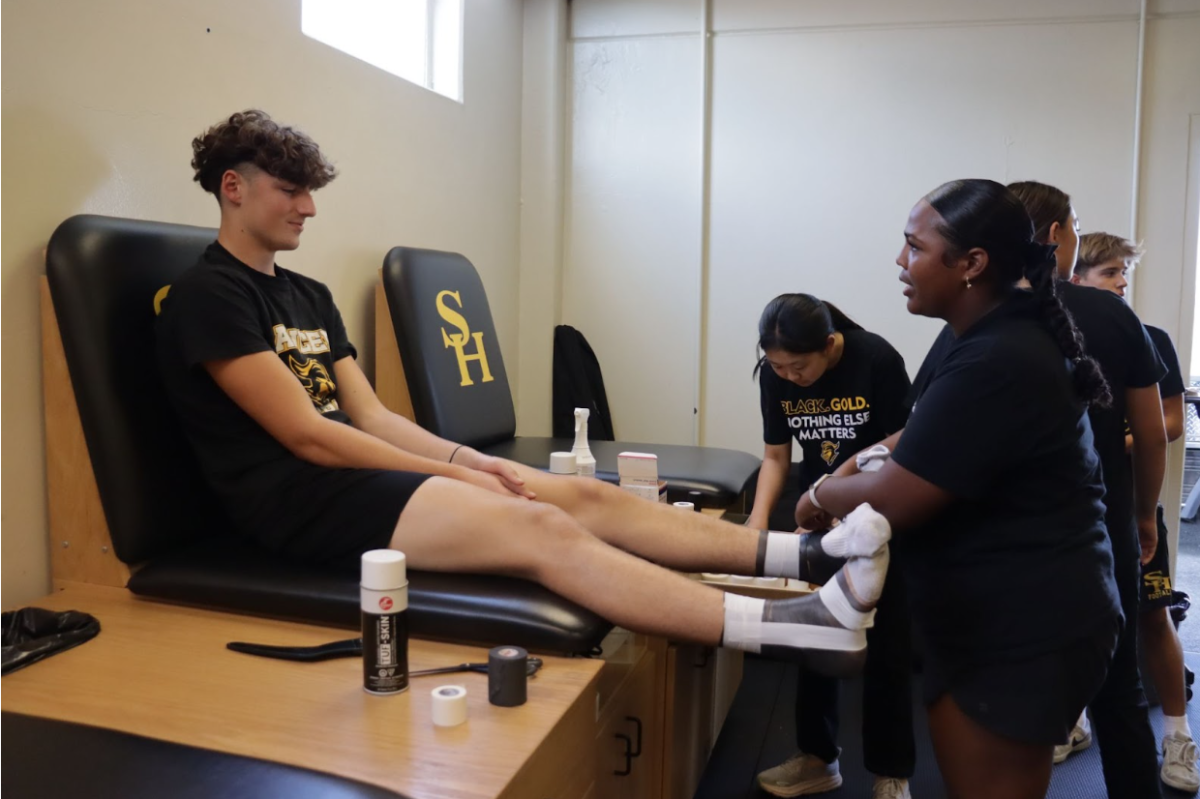
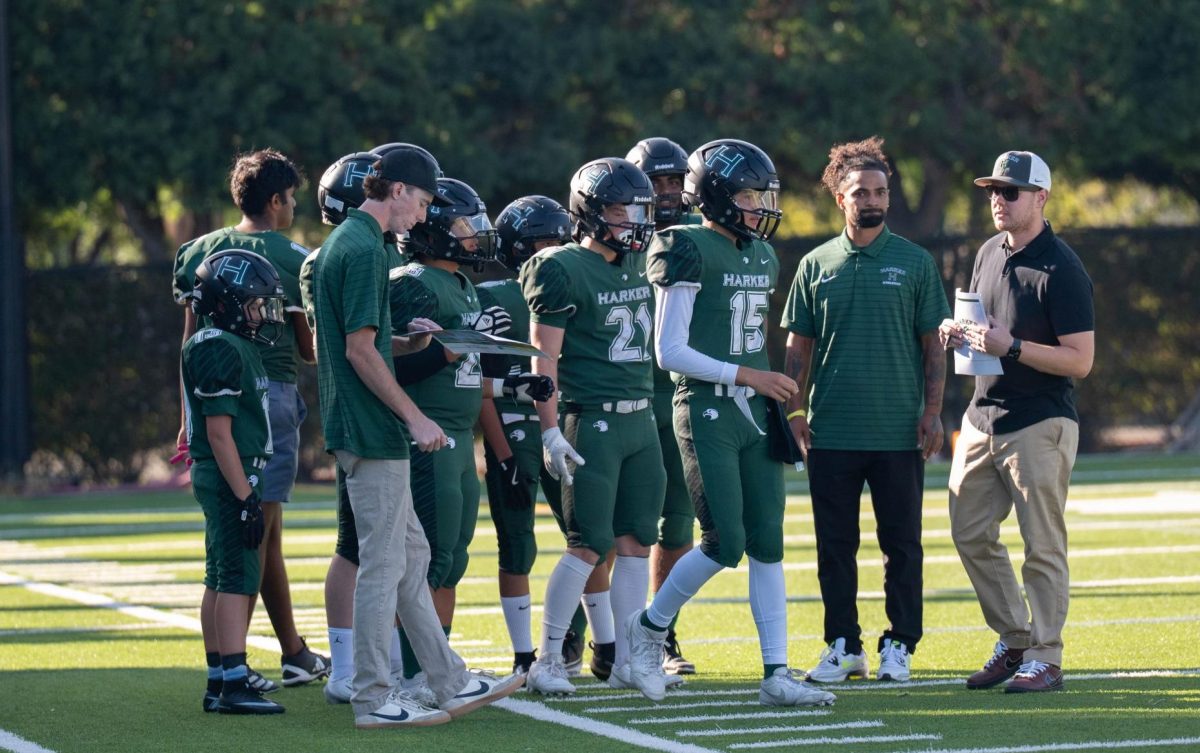

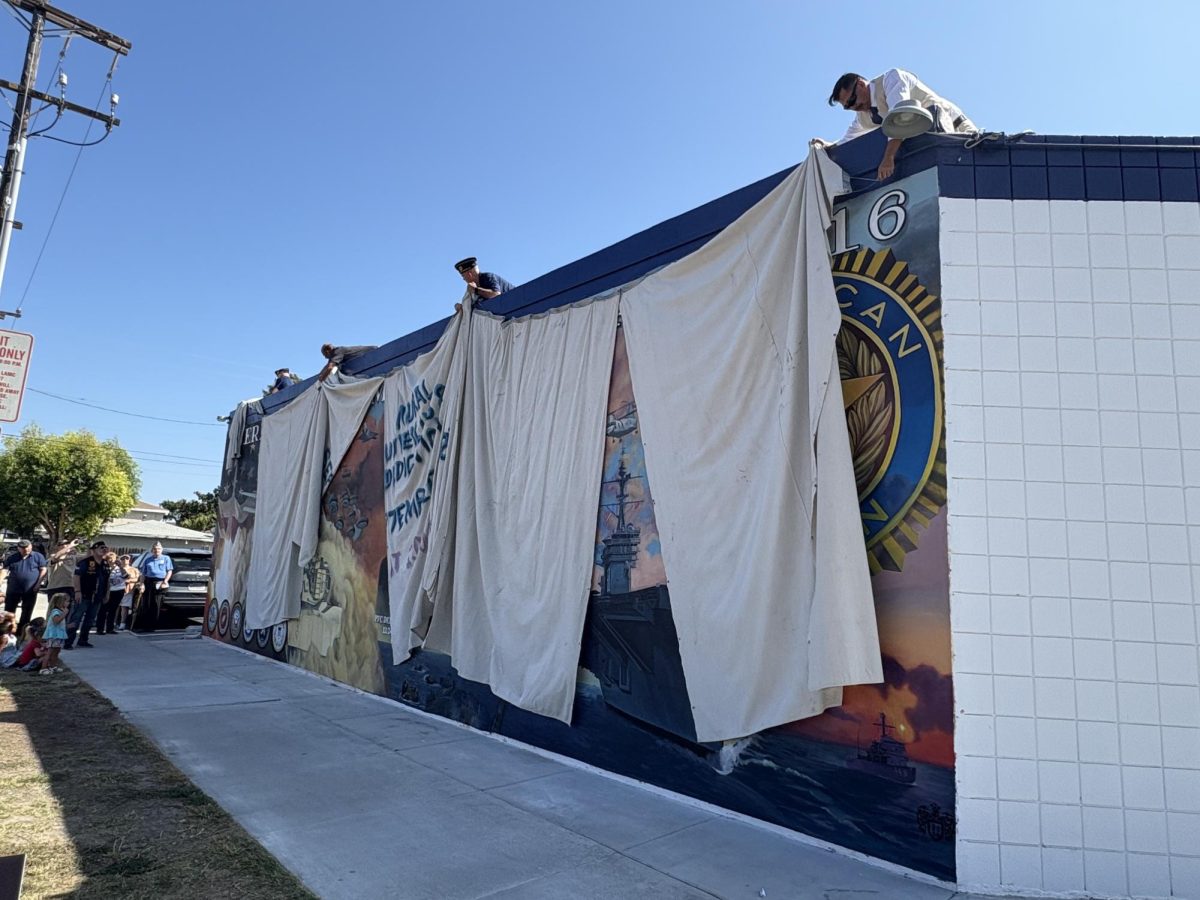


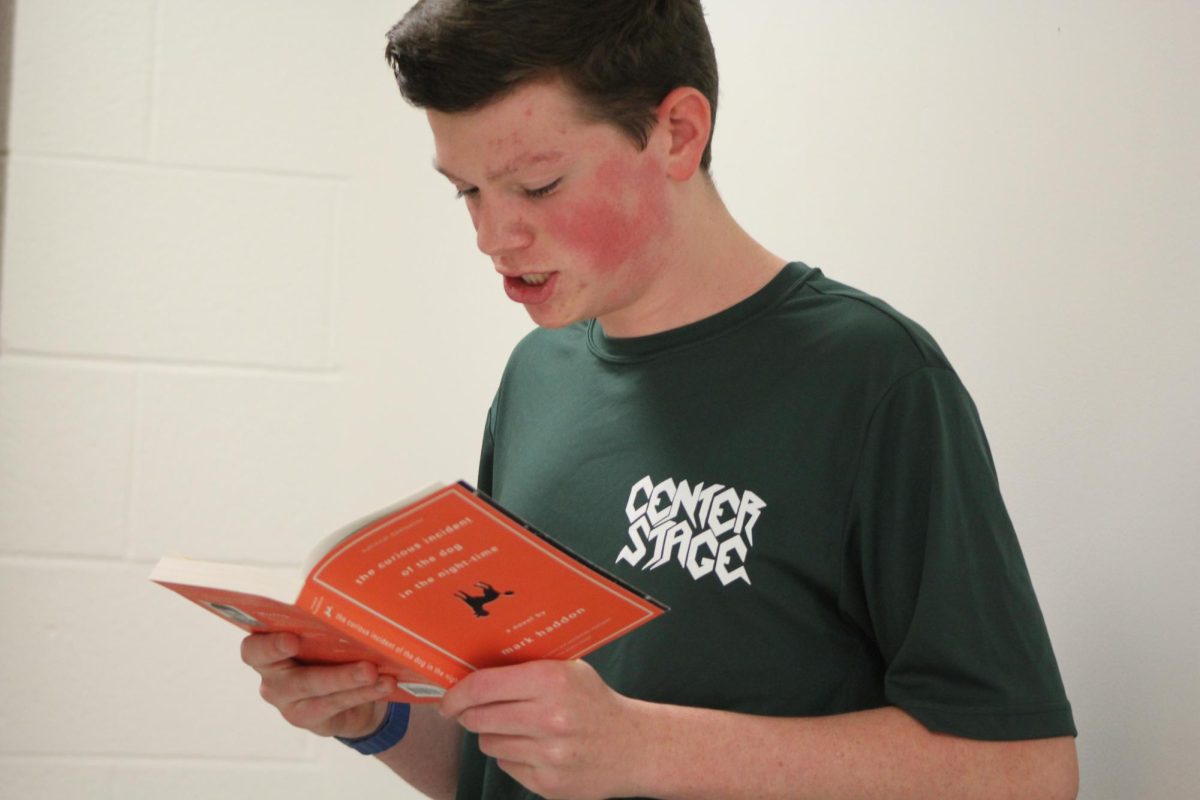



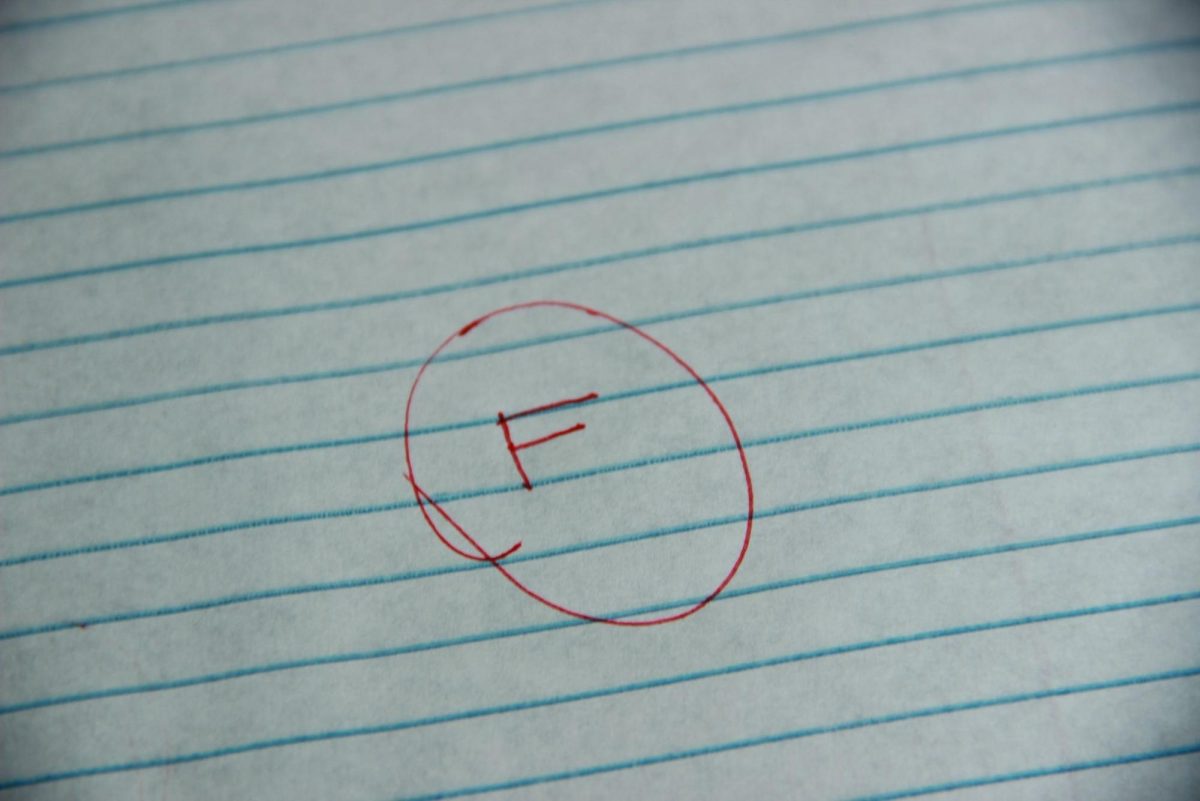
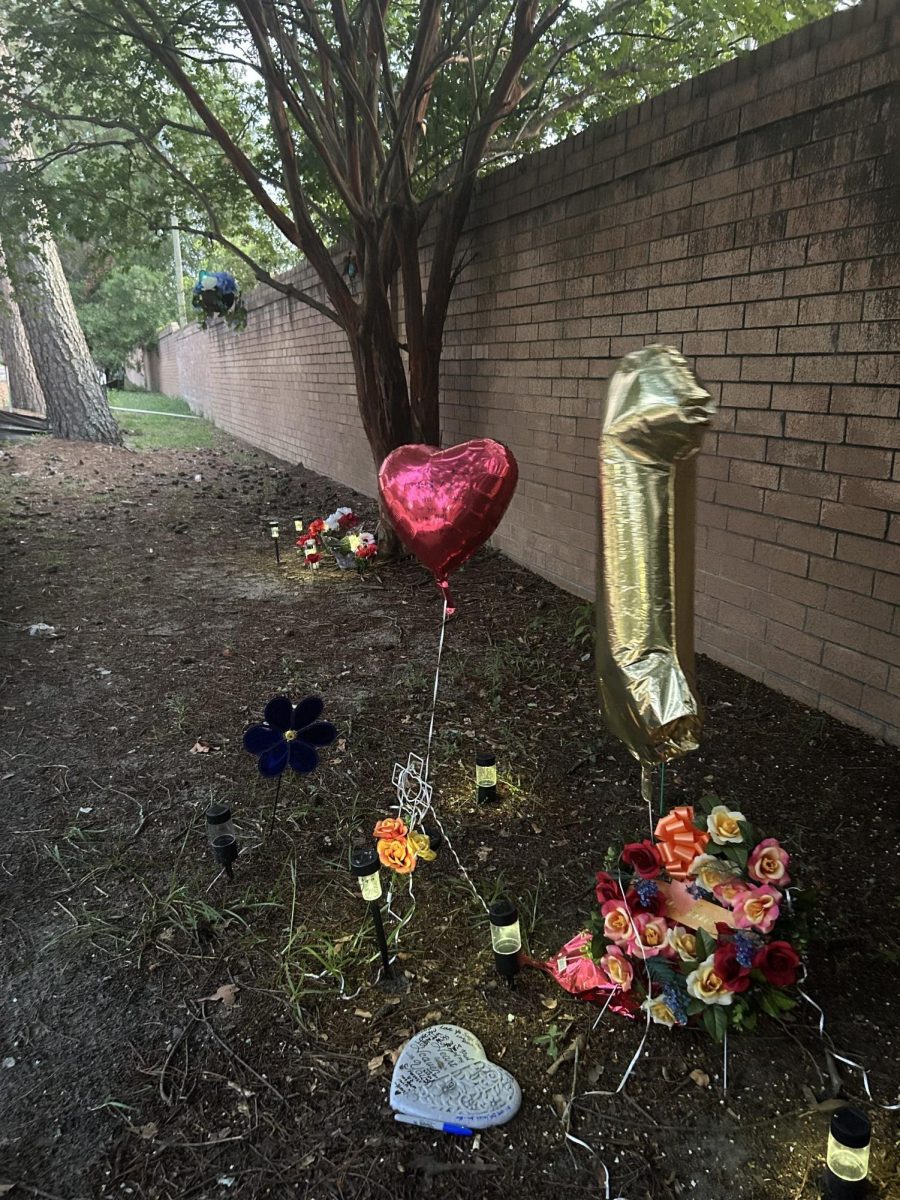













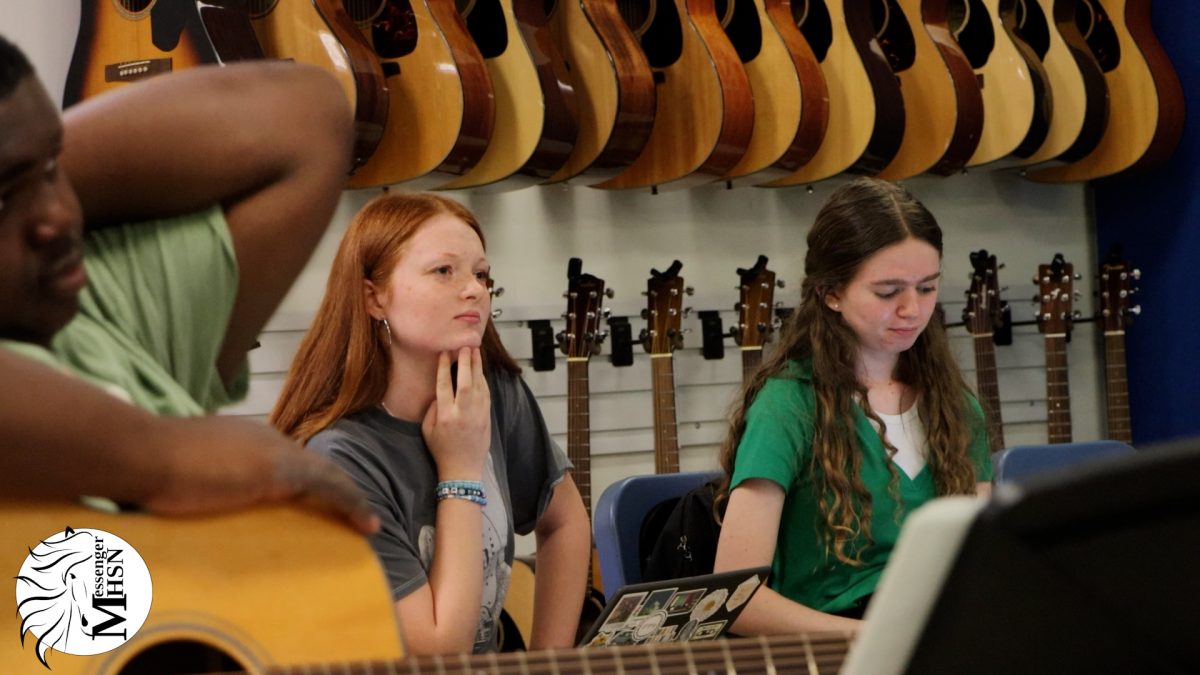
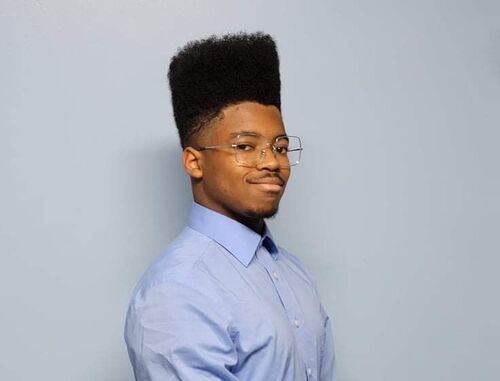
![Gazing across the stage, sophomore Alexis Monteleone performs in the school theater. The Monteleone family’s band “Monte and the Machine” has been releasing music since 2012, but Alexis started her own solo career in 2024 with the release of her first single, Crying Skies. “My whole family is very musical, [and I especially] love writing [songs with them],” Monteleone said.](https://bestofsno.com/wp-content/uploads/2025/10/DSC7463-1200x798.jpg)
